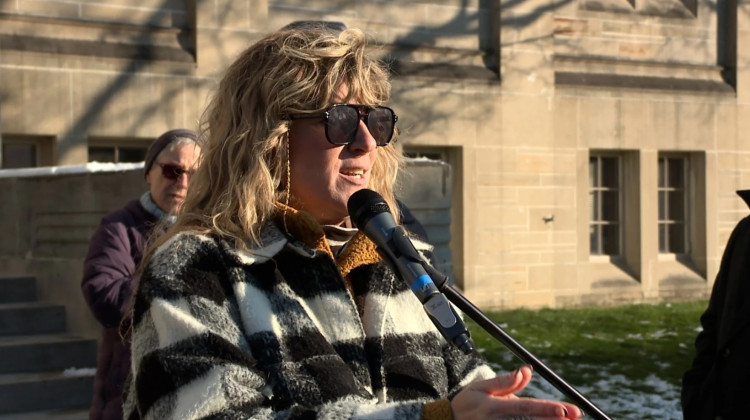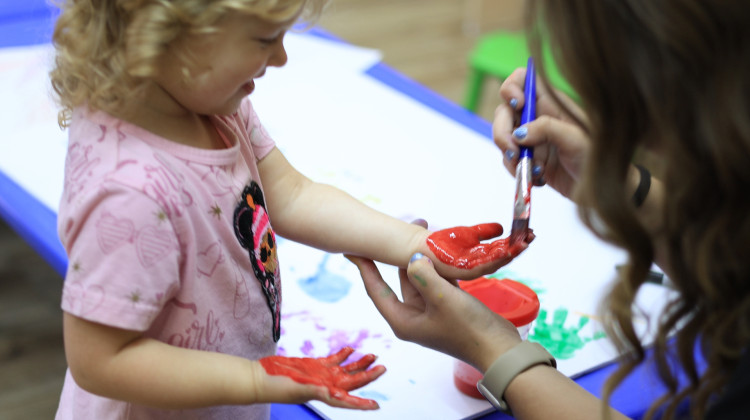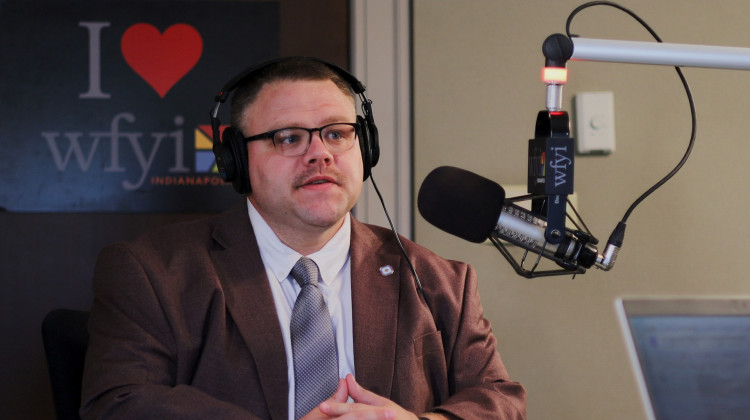
The Commission for Higher Education described the college-going rate in 2020 as “the lowest rate — and sharpest decline — in at least a generation.”
Brett Jordan/UnsplashJust 53 percent of Indiana high schoolers who graduated during the first year of the pandemic went straight to college, a drop of about 6 percentage points that comes on top of years of slowly falling college enrollment.
The latest data, released by the Indiana Commission for Higher Education Thursday, added to mounting evidence that the state is facing a higher education crisis. If more Hoosiers don’t earn college degrees and long-term certificates, it could threaten the state’s economy and prevent young people from getting stable, well-paying jobs.
The commission described the college-going rate in 2020 as “the lowest rate — and sharpest decline — in at least a generation.”
The number of high schoolers going directly to college after graduation has fallen every year since 2015, when it was at 65 percent. The largest decline in 2020 was among Black students, who saw the college-going rate fall to about 43 percent.
“Indiana’s sharp one-year college-going decline is alarming, and we have to treat it as such,” Indiana Commissioner for Higher Education Chris Lowery said in a news release. “We know individual lives and the state’s economy depend on and thrive with an educated society.”
The commission attributed declining college enrollment rates to factors including the pandemic, the real or perceived cost of college, and doubts about whether higher education is worth it.
National data, however, continues to show the economic value of higher education on average. The national median wage for workers with bachelor’s degrees is about $69,000 per year, over $27,000 more than median earnings for those with only a high school diploma, according to data from the Bureau of Labor Statistics.
The commission offered several policy recommendations to improve college enrollment. They included a call for the legislature to increase funding for the state’s Frank O’Bannon Grant, which offers need-based aid to students at public and private colleges. Funding was cut during the Great Recession, and it has not yet caught up to the inflation-adjusted levels of 2008-09. If lawmakers made up for that loss, the report said it would be a 35 percent increase in the maximum grant award.
The commission also recommended automatically enrolling eligible students in the 21st Century Scholars program and requiring high school seniors to file FAFSA, the federal application for student aid.
Contact WFYI education reporter Dylan Peers McCoy at dmccoy@wfyi.org. Follow on Twitter: @dylanpmccoy.
 DONATE
DONATE








 Support WFYI. We can't do it without you.
Support WFYI. We can't do it without you.